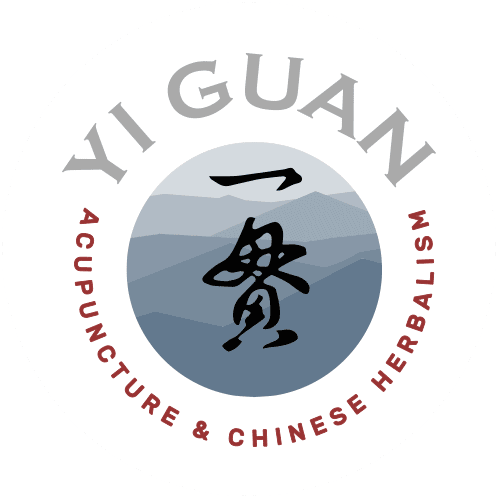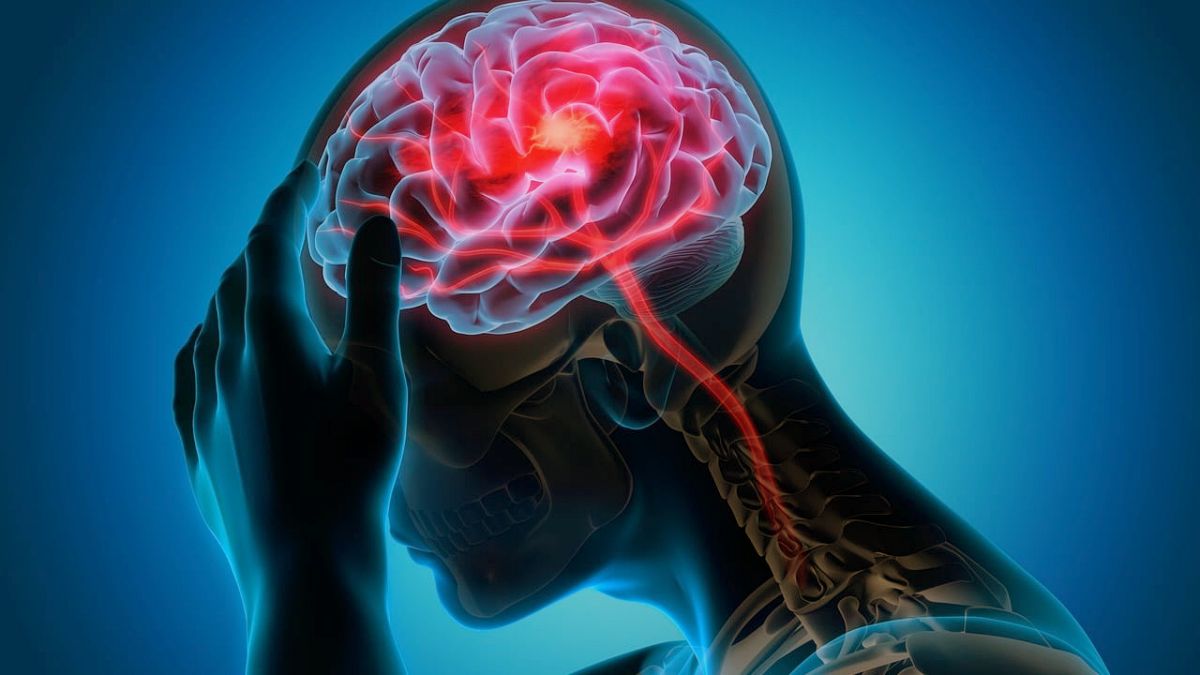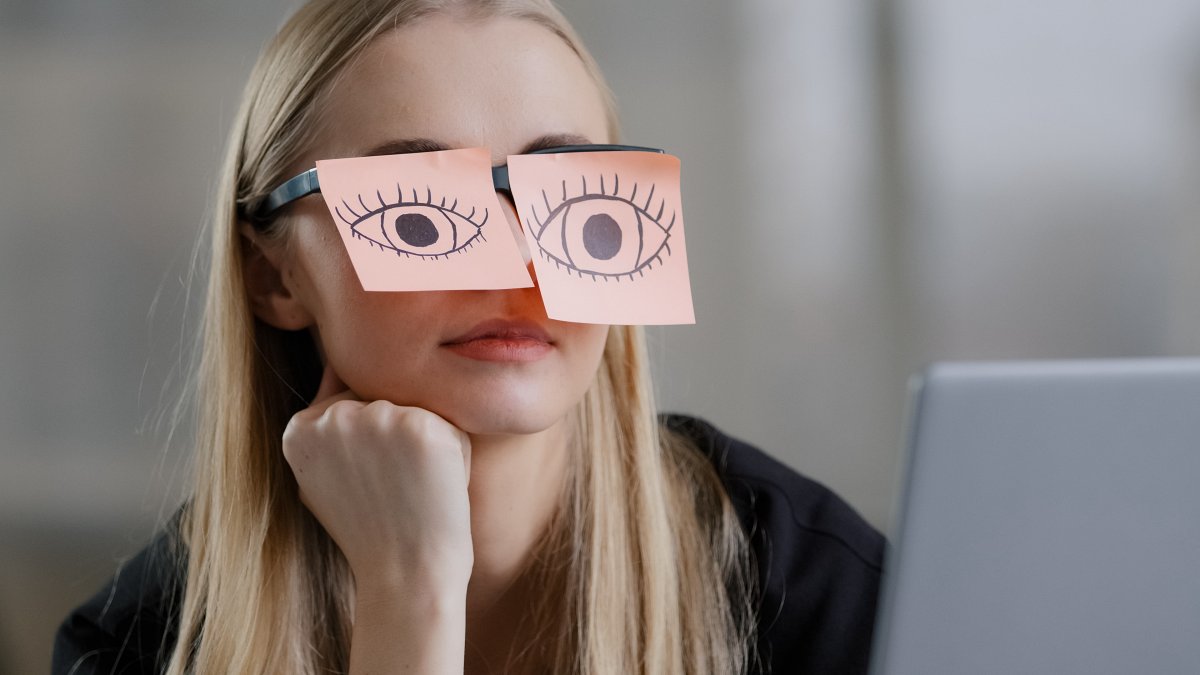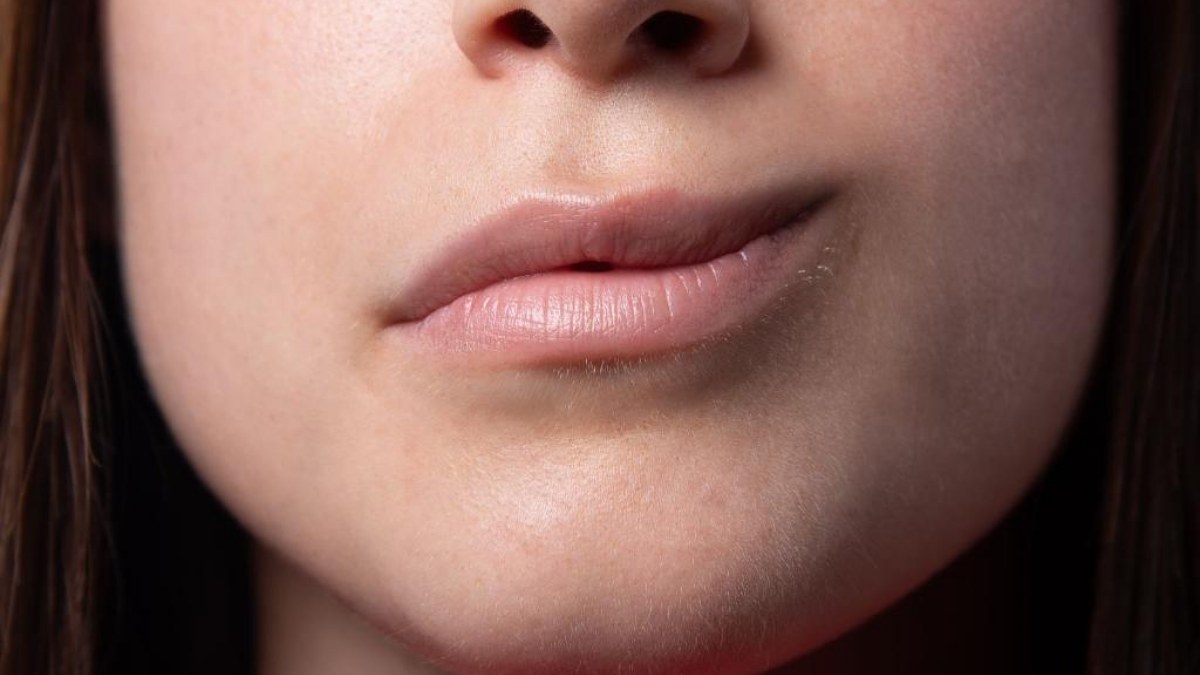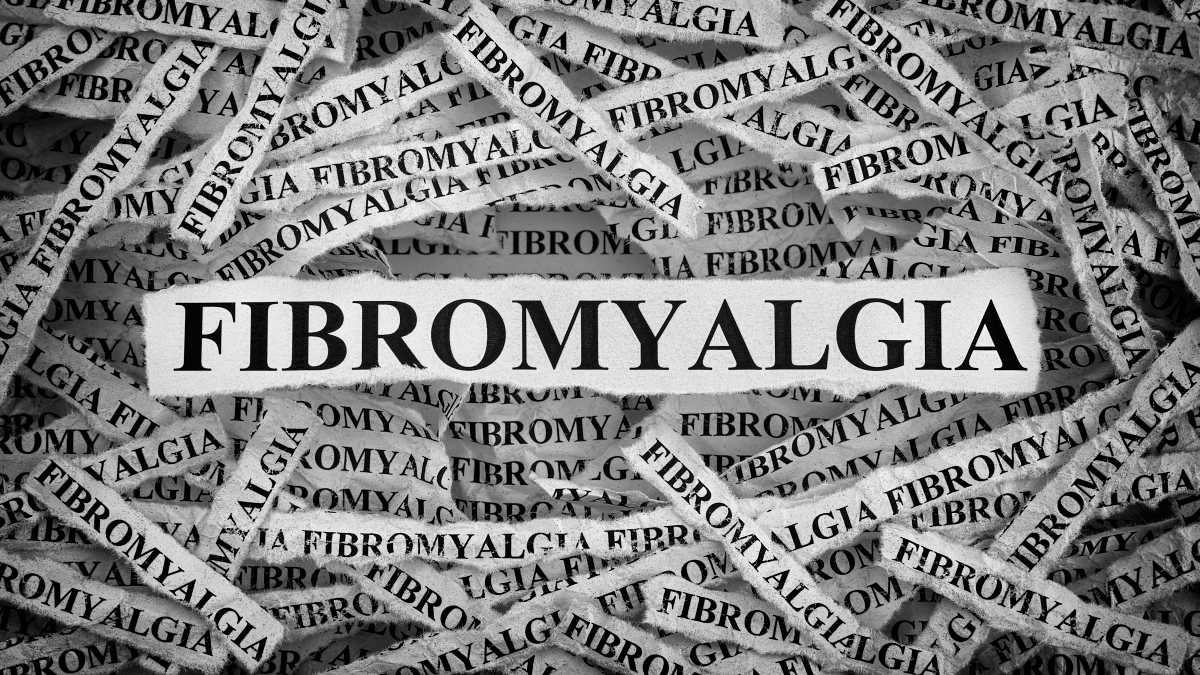Eastern Medicine for Hypothyroidism
Hypothyroidism is a common problem these days, one that can sometimes be tricky to treat. Chasing symptoms and lab values with changes in medication doses, some are often wondering if there is a smoother way. And some are looking for natural thyroid treatment options. Chinese medicine and acupuncture for hypothyroidism can be a good tool in weathering these shaky periods.
Western Viewpoint
Quickly put, hypothyroidism occurs when your thyroid gland does not produce enough of its hormones, which are key in controlling your underlying rate of metabolism. The rate of your metabolism sets the tone for how your body uses the food it eats, controlling your body temperature, regulating your heart rate, and many other things. This is why the signs and symptoms can vary from person to person and affect multiple organ systems. They symptoms all relate to the overall speed of your metabolism and include muscle weakness and general fatigue, lower body temperature, decreased heart rate, thinning hair, constipation, dry skin, weight gain, puffiness of the face or legs, and even contribute to psychological issues such as depression and impaired memory function. A patient facing hypothyroidism could be experiencing one, all, or any combination of these symptoms, each with varying degrees of severity. All of these symptoms, though, suggest a low thyroid function. The main diagnostic tool is a measurement of T3, T4 (the two biochemically active forms of thyroxine, the hormone the thyroid makes), and TSH (a hormone your pituitary makes to signal your thyroid to make T3 and T4). The pattern of low T3, T4, and high TSH indicate hypothyroidism. The most common cause of hypothyroidism is autoimmune disease where your body makes antibodies to tissues in the thyroid which in turn result in its decreased function. This is also referred to Hashimoto’s thyroiditis. Certain medications can contribute to low thyroid function. Thyroid surgery or radiation therapy for tumors is another main cause. Less common causes include pituitary disorders, congenital defects of the thyroid, and iodine deficiency.
Western Hypothyroid Treatment
Western medicine endeavors to ensure optimal thyroid function by prescribing lab created thyroid hormone. This is biochemically identical to the hormones the thyroid makes. The proper dosing of the medication is done by balancing thyroid symptoms along with the lab values of T3, T4, and TSH so that they are all within their normal levels. Corresponding increases and decreases of the dose are made to reach the proper level. This dosing could be tricky with so called subclinical hypothyroidism where the TSH is minimally increased but with T3 and T4 low but still in the normal range. It is sometimes not beneficial to administer thyroid hormone replacement to these individuals. This could be a sign of either low but normal thyroid function or over all metabolism, but it could also be a sign of the first stages of clinically relevant hypothyroidism. Repeated evaluations and lab tests are important for the proper managing of these patients. This trial and error period could be marked by stretches of alternating hyper and hypothyroid symptoms as the proper dose is worked out.
Eastern Viewpoint
As discussed previously, there technically is no such thing as hypothyroidism in TCM. This is not to say that no one in pre-modern China had thyroid issues, or that classical Chinese physicians could not identify and treat these problems with acupuncture and herbs. The various combinations of symptoms indicating low thyroid function would have been seen and categorized within the classic Chinese medical system. In this case then, a person with a Western diagnosis of hypothyroidism could have one of any number of related but still distinct symptom patterns. For example, patients with fatigue with hair loss, poor memory, and decreased heart rate are displaying a pattern of spleen qi deficiency with deficiency of heart blood. Another patient with fatigue but puffiness of the calves and around the eyes, with poor appetite and weight gain has the pattern of spleen qi deficiency with accumulation of dampness. Other patterns involve the kidney or liver primarily instead of the spleen.
Acupuncture for Hypothyroidism
Clearly the acupuncture treatment for those with a Western diagnosis of hypothyroidism is going to depend on the Chinese differentiation pattern and not at all to on the lab values of TSH, T3, and T4. At its conceptual base, hypothyroidism denotes a slow or deficient general metabolism. This is why either the spleen or the kidney tends to be involved in the various patterns under which these patients would fall. Both of these organs, in the Chinese system, are important for creating and storing the energy you need as a functioning human. In a Western sense, these denote the speed and effectiveness of your total body metabolism. As a holistic medicine, an issue with any organ system can spill over into any other. This is mirrored in the cross-system symptoms caused of low thyroid function. Acupuncture techniques are especially good at harmonizing flow, creating proper movement of energy, and clearing excesses. This would include balancing the digestive system and endocrine system, which is exactly what individuals experiencing thyroid symptoms would need. As stated above, everyone has a different set of symptoms, which means that everyone will have a different set of acupuncture points. A acupuncture point protocol designed for the exact symptom pattern the patient experiences can clear the way to harmonize their “qi” sets the stage for effective tonification of their constitution.
Herbs for Low Thyroid Symptoms
While needle techniques are well suited to balance, settle energies, and remove blockages to smooth flow, if a slow metabolism is the issue, Chinese herbalism has numerous well known tonic herbs. These are perfect for a safe natural way to give your metabolism the right kind of boost. Again, diagnosing the right pattern is crucial. There are hundreds of formulas in within the system of Chinese herbalism, some of them are very refined and can bolster certain deficiencies while minimizing other incidental side effects of medications and plant-based substances. An experienced Chinese herbalist can determine which herbs would have the most desired effect, blending them together into a formula specific for the pattern of symptoms the patient is facing.
Integrative Thyroid Treatment Program
People are often searching for alternative medicine and solutions outside of Western pharmaceuticals. For these people, Eastern medicine is essential. But there is no reason why a patient with a Western diagnosis of hypothyroidism can’t follow a Western medical treatment plan while also helping symptom control with acupuncture and Chinese herbs. It is Yi Guan Acupuncture and Chinese Herbalism’s practice philosophy to work along with modern therapies, linking old and new. Why choose East over West if you don’t have too? Chinese medicine would be especially important for individuals who are in the trial and error process to figure out the optimal thyroid hormone replacement dosage, smoothing out the excesses and filling in the gaps until long lasting stabilization is achieved.
If you would like to know more about how acupuncture and herbalism can help with your thyroid symptoms, contact us today.
Join the Yi Guan Newsletter List!
Sent out just once a month, the newsletter keeps you informed about acupuncture, herbalism and special offers at Yi Guan Acupuncture and Chinese Medicine.
Article Sources:
Mayo Clinic, Hypothyroidism (underactive thyroid)
Johns Hopkins, Hypothyroidism
Institute for Traditional Medicine, Treatments for thyroid diseases with Chinese herbal medicine
Annals of Translational Medicine, A systematic review of combinatorial treatment with warming and invigorating drugs and levothyroxine for hypothyroidism caused by Hashimoto disease
